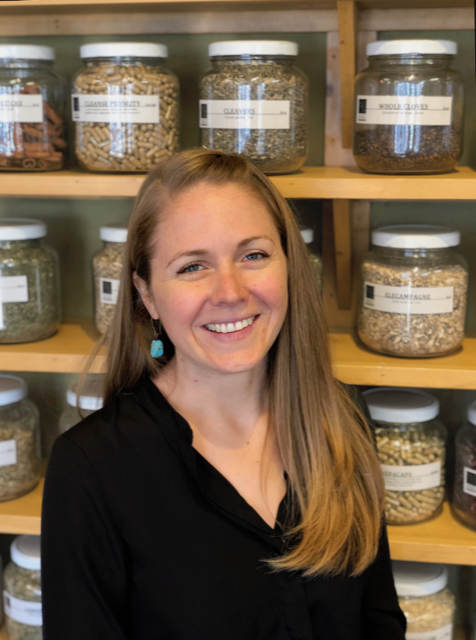|
Dr. Eryn J. Scott, ND
Play is the work of the child. – Maria Montessori Play is a cherished childhood activity and one with profound implications on childhood health and development persisting into adulthood. Play provides a strong foundation for young children to discover materials and properties of the natural world while simultaneously offering challenges and opportunities to explore the strength and resilience of the human body. It is through the act of play children engage all areas of development including social, emotional, physical (fine & gross motor), intellectual habits and cognitive skills. Naturopathic medicine is a comprehensive health care system viewing the physical body as an integral part of the whole, while simultaneously seeking to address the root cause of disease or imbalance. In an age of busy schedules and evolving technology, children are presented with fewer opportunities for play and exploration compared to previous generations. Sedentary behavior is associated with an increase in obesity among children and adults, thus increasing the risk for developing heart disease, diabetes, metabolic disorders, allergic and respiratory ailments and mental health disorders. A growing body of literature within the medical and educational communities has begun to investigate the benefits of play, specifically outdoor free play on childhood development and health throughout the lifespan. The American Academy of Pediatrics now encourages pediatricians to advocate for increased levels outdoor free play in preschoolers as an essential part of healthy development. Older children and adults would likely benefit from similar recommendations. What is free play? Unlike structured classroom or extracurricular activities, which are also beneficial to overall development, free play is child-driven thereby enabling children to move at their own pace, to take risks and practice decision-making skills. Free play provides children with opportunities for self-discovery, cooperation, teamwork and engagement in the passions they wish to pursue. Free play is open-ended and invites imagination. Recall a time when you were a child playing outside or to a time when you have witnessed other children playing in a natural environment. In this setting, the opportunities are endless and are driven by a sense of curiosity. A tree suddenly becomes a castle or a fort. A stick becomes a spoon, a fishing pole or a magic wand while the leaves and rocks become food ingredients or tools, thereby allowing play to evolve at the direction of the children involved. Research demonstrates preschool children achieve the highest levels of physical activity through outdoor play. In doing so, they build active and healthy bodies by stimulating bone and muscle growth while also enhancing immunity through exposure to beneficial microorganisms, sunlight and fresh air. Most physical activity in young children is achieved through gross motor play, such as climbing trees and running. Children are also able to integrate a large quantity of sensory information through sight, sound and touch leading to accelerated brain development. Additionally, physically active children are more adept to classroom learning with fewer disruptions or behavioral challenges. Among the social and emotional benefits of outdoor free play are the positive impacts on self-esteem, communication and happiness. Those with greater access to green space show better self-regulation and emotional intelligence. They are able to negotiate, take turns, listen and help one another which contributes to success later on in life. The benefits of cognitive and intellectual development in outdoor free play are more difficult to recognize, but are essential nonetheless. Brain development has been shown to be astonishingly active, inquisitive and insightful from birth, which leads to a phenomenon of concept development and understanding. In this way, children engage in a trial and error or “let’s find out approach” guided by their curiosity and desire to understand themselves and the world around them. Developing a connection to the natural world through play has profound implications on the health of the individual and the health of our environment. It is through this introduction to the natural world that children develop a love for nature and arguably a desire to conserve our planet for future generations to come. Additional resources for parents: How to Raise a Wild Child. There’s No Such Thing as Bad Weather. Home Grown. Balanced and Barefoot. Life must be lived as play. – Plato Bio: Dr. Eryn Scott is a registered naturopathic doctor specializing in pediatrics and family medicine and is currently practicing in Bozeman, MT. For more information please visit her website at www.doctoreryn.com.
0 Comments
Leave a Reply. |
Dr. Justin Pollack,
|

 RSS Feed
RSS Feed

